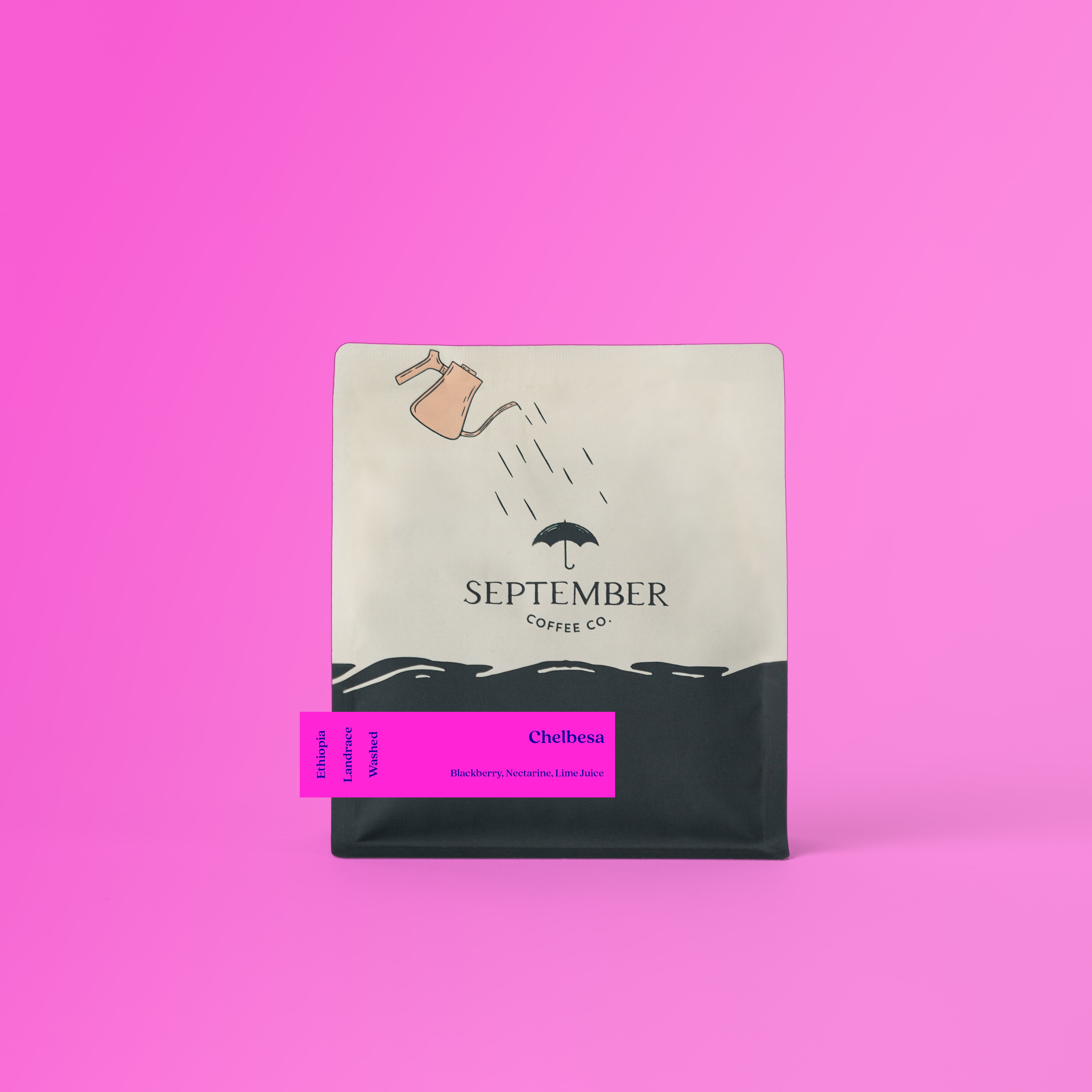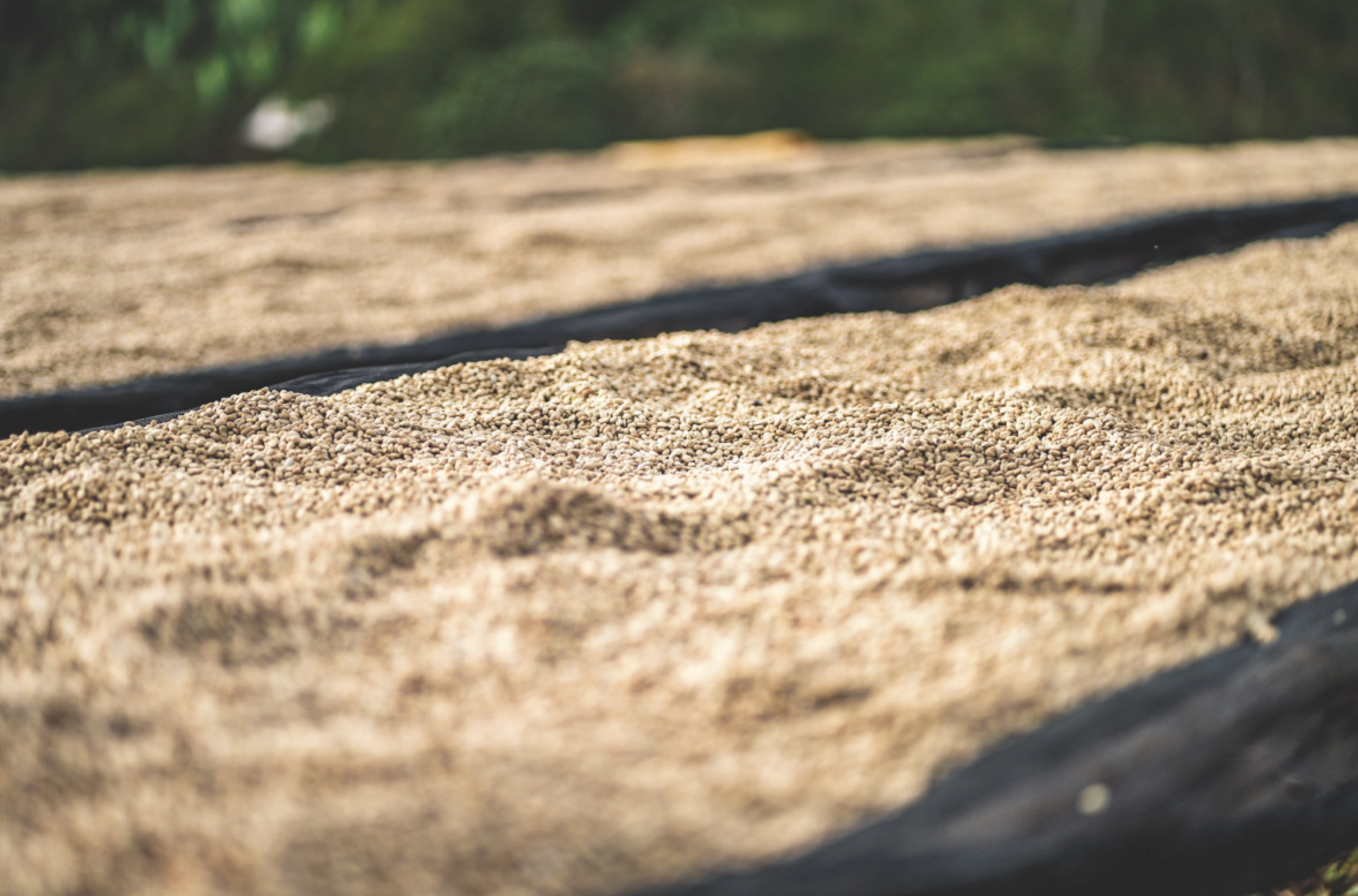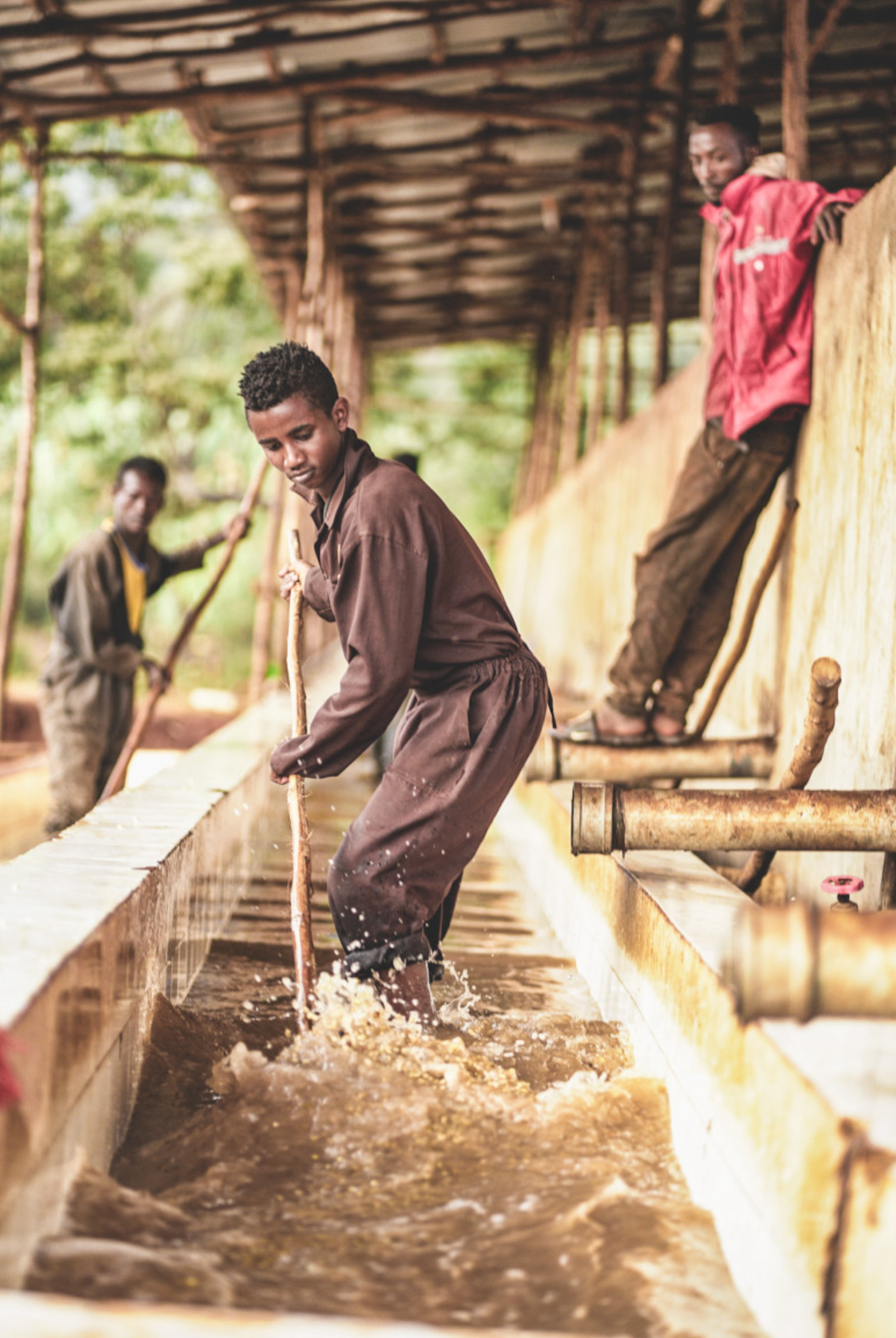


Chelbesa - Ethiopia
Our first year working with this Chelbesa lot from Ethiopia. This is a vibrant and lively cup that reminds us why we love Ethiopian coffees. The approximately 1,000 farmers that deliver cherry to this washing station, come from the region and have between 2 and 3 Ha of land sitting at an elevation of between 1,950 – 2,200 m.a.s.l. This lot consists of the Ethiopian Heirloom varieties Korume and Wolisho.
250G - Roasted September 10th
Chelbesa - Ethiopia
September Coffee Roastery
119 Iber Road
Unit 9
Ottawa ON K2S 1E7
Canada
- Variety: Landrace
- Country: Ethiopia
- Region: Gedeb Zone
- Process: Washed
- Altitude: 1950 – 2200 MASL
- Harvest: 2023/2024
- Washing Station: Chelbesa One
- Roast Level: Light
 In the cup
In the cup
In the cup we get aromas of juicy berries with a blackberry sweetness, a juicy stonefruit acidity that reminds us of nectarines and lime zest. It has a clean finish and a round body.
 Funky
Funky
 Experimental
Experimental
 About The Producer
About The Producer
The Chelbesa Washed Lot is produced at the Chelbesa One Washing Station in the Gedeb Zone, Ethiopia (Chelbesa is the “kebele”). The approximately 1,000 farmers that deliver cherry to this washing station, come from the region and have between 2 and 3 Ha of land sitting at an elevation of between 1,950 – 2,200 m.a.s.l. This lot consists of the Ethiopian Heirloom varieties Korume and Wolisho.
 Processing
Processing
Once the cherries arrive at the Chelbesa One Washing Station, they are placed in water for sorting and removing of floaters. The cherries are then de-pulped and left to dry ferment in tanks for 2-3 days, to be later washed and placed to dry on raised beds. To ensure an even drying, the parchment is constantly moved each day, taking 7-10 days, depending on the weather, until reaching the desired humidity.
 Variety
Variety
Landrace is an umbrella term that refers to all the coffee varietals endemic to Ethiopia. As believed to be the birthplace of coffee, the trees have been growing and cross-breeding for centuries in this country. As a result, today, there are numerous sub-varietals with some common genetics but slightly different behaviour and taste. Relatively recently, in the last few decades, there has been an organized effort to research and identify different endemic varietals growing in Ethiopia by name, disease resilience and yield production.
